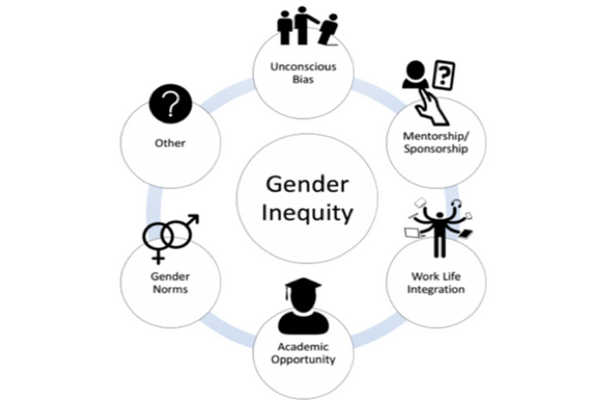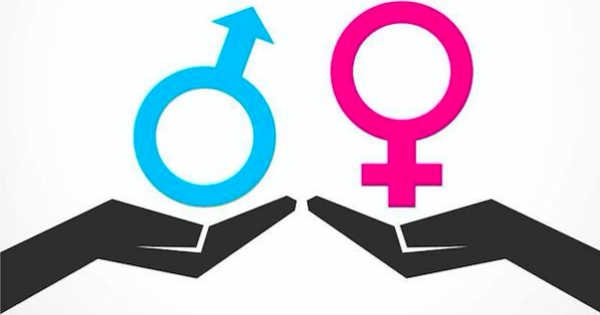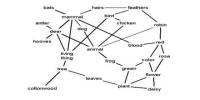According to research, in cultures where men are valued as breadwinners, their unemployment can have an impact on the long-term success of a romantic relationship. In cultures that place a high value on traditional gender norms, particularly those that value men as the breadwinners in the family, men’s unemployment has a disproportionate impact on whether a romantic relationship succeeds or fails.
According to new research from University of Pennsylvania sociologists Pilar Gonalons-Pons and Markus Gangl of Goethe University Frankfurt. Their findings were published in the journal American Sociological Review.
“This research is really about how the relationship between men’s unemployment and divorce or separation varies across countries,” says Gonalons-Pons, an assistant professor in the Department of Sociology. “It also demonstrates how much gender stereotypes influence the length of romantic relationships.”
Gonalons-Pons has been conducting research on gender, labor, families, and public policy for the past five years. Though there is a lot of research on predictors of relationship longevity, the majority of it focuses on economic conditions such as financial stressors or on the psychological, determining whether two people are a good match.
Research shows that, in cultures that value men as breadwinners, their unemployment can affect the long-term success of a romantic relationship.
“There were no studies showing empirically how gender culture is its own important determinant,” she says. So Gonalons-Pons and Gangl took on this question.
Given the available data, they decided to focus on heterosexual couples from the United States and 28 high-income European countries. These fell along a spectrum, from the most gender-conservative, where roughly one-third of the population believes a man’s role is to be the primary breadwinner, to the most gender-progressive, where that figure drops to about 4%. The researchers tracked couples for four years, looking for signs of unemployment, separation, or divorce.

They hypothesized that in gender-conservative countries, the stress of men’s unemployment would be related to cultural norms as well as financial concerns. “We thought that when a man loses his job and does not immediately find another one, it may cast this pressure, this feeling of failure or lack of a sense of status and social identity,” Gonalons-Pons says.
The outcomes were as predicted by the researchers. Countries that place a higher value on a man’s role as a breadwinner see a stronger link between men’s unemployment and relationship breakdown, whether through separation or divorce. There is less criticism of masculine identity following a job loss in areas where the concept of “man as head of household” is not as prevalent.
Gonalons-Pons believes the findings make sense. “In a more hostile, gender-conservative environment, men’s unemployment has a more negative psychological impact on the man, which reverberates within the couple,” she says. “‘What’s wrong with your partner?’ will be asked by more friends and family. ‘What’s going on here?’ That doesn’t make either person feel any better, and it contributes to cultural pressure, which can exacerbate stress and eventually lead to a breakup.”
Interestingly, the researchers found that cohabiting couples did not experience the same level of effect, which is consistent with previous research on non-married couples who live together. Gonalons-Pons believes this is due to the increased pressure to conform to traditional gender norms that come with marriage.
Though the research was limited to a subset of high-income countries and heterosexual couples, the researchers believe it has broader implications for other places and other types of relationships – though the questions may be slightly different. How, for example, do those beliefs influence the longevity of a romantic relationship between two men or two women?
“These cultural ideas generate support for those who adhere to these norms,” she explains. “On the other hand, they create pressure that can harm those who do not.”
Gonalons-Pons emphasizes that her work is not a crystal ball for any single relationship. “None of this is to say that if you deviate from a gender norm, you’re doomed to break up,” she says. “It’s to emphasize that these norms do matter; they have an impact on a relationship. Social norms play a role in determining a couple’s well-being.”
















